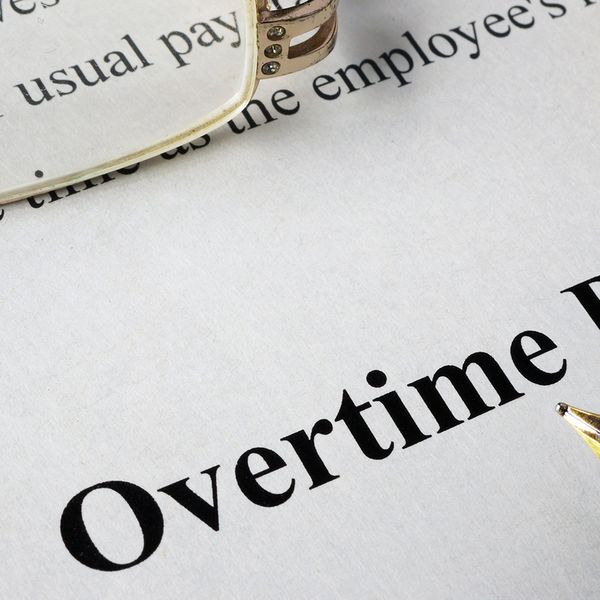Texas court halts enforcement of ‘white-collar’ exempt rule for state employees
On June 28, the same day the U.S. Supreme Court’s Loper Bright decision overturned the Chevron deference, the Eastern District of Texas used the high court’s decision to stop the U.S. Department of Labor (DOL) from enforcing the newly increased minimum salary threshold under the federal Fair Labor Standards Act (FLSA).
The salary change, which became effective July 1, 2024, exempts from the minimum wage and overtime pay requirements any employee employed in a bona fide executive, administrative, or professional capacity. The exemption is commonly referred to as the “white-collar” or executive, administrative, or professional (EAP) exemption. Computer professionals are also included.
The Texas court ruling applies only to employees of Texas. It does not apply to private employers in Texas or public/private employers in other states.
The Texas court pointed out that the FLSA doesn’t mention any minimum salary for this exemption, or, for that matter, any compensation level associated with the law’s EAP exemption. The DOL, however, has considered salary in some capacity since the FLSA’s inception in 1938.
In 1940, the DOL amended the rule by implementing a three-part test to determine whether an employee falls within the EAP exemption. Under the test, employees are exempt from overtime requirements if:
- Their job duties primarily involve executive, administrative, or professional duties (“duties test”);
- They are paid a predetermined and fixed salary (“salary-basis test”); and
- Their salary exceeds the minimum weekly amount set by the DOL (“salary-level test”).
The Texas court claimed that the increased salary threshold was so high as to constitute an unlawful de facto “salary only” test, and thus exceeded the DOL’s authority under the FLSA. In other words, the court’s position is that the FLSA’s EAP exemption has based too much on employees’ salary and not their job duties.
The Texas court said that, initially, the salary thresholds were deliberately set low by the DOL, as they were designed to screen out “the obviously nonexempt employees.”
It went on to say: “In sum, since the EAP Exemption requires that exemption status turn on duties — not salary — and the 2024 Rule’s changes make salary predominate over duties for millions of employees, the changes exceed the authority delegated by Congress to define and delimit the relevant terms. Therefore, these changes to the minimum salary level are likely “in excess of statutory jurisdiction.”
In enjoining enforcement of the rule against Texas, the court found that the state was likely to succeed on the merits of that claim, holding that the increased threshold “effectively eliminate[d]” the duties test and thus was entitled to injunctive relief.
The final rule is facing other challenges, including one that involves a nationwide injunction.
Key to remember: The new salary threshold rule is facing challenges, given court rulings. Currently, the challenges are limited, and most employers must comply with the new rules, but that could change.
























































